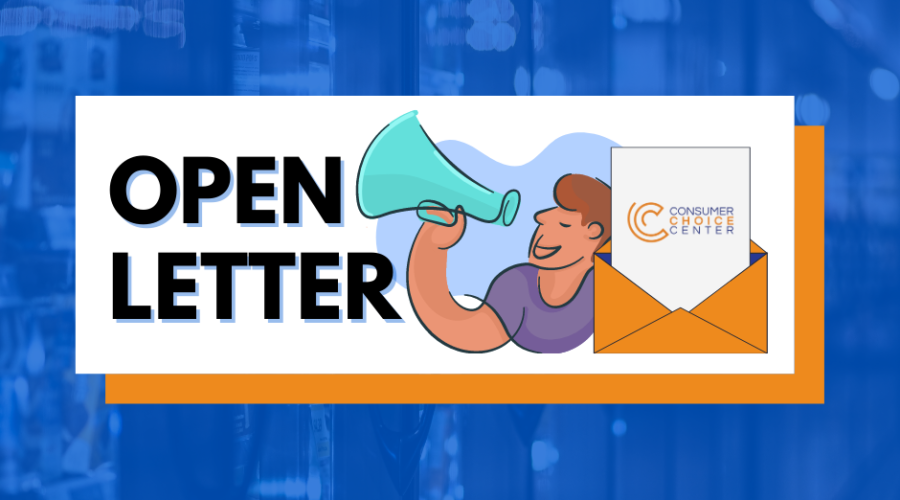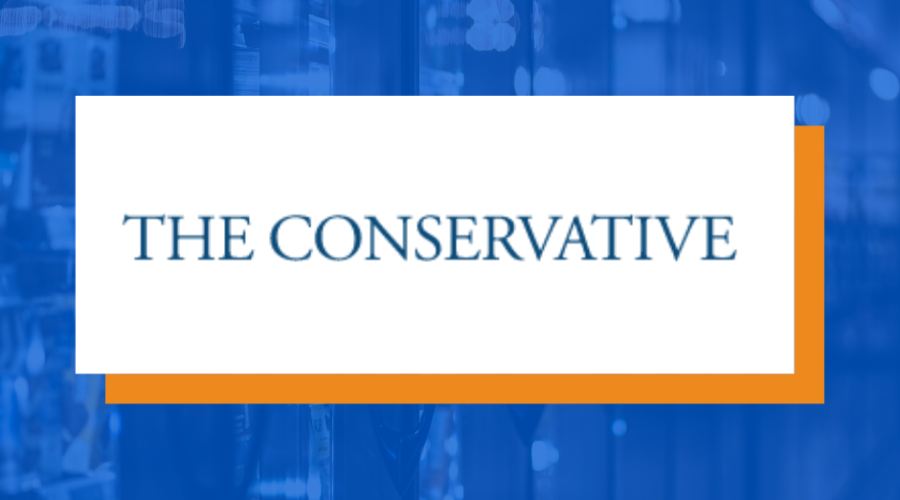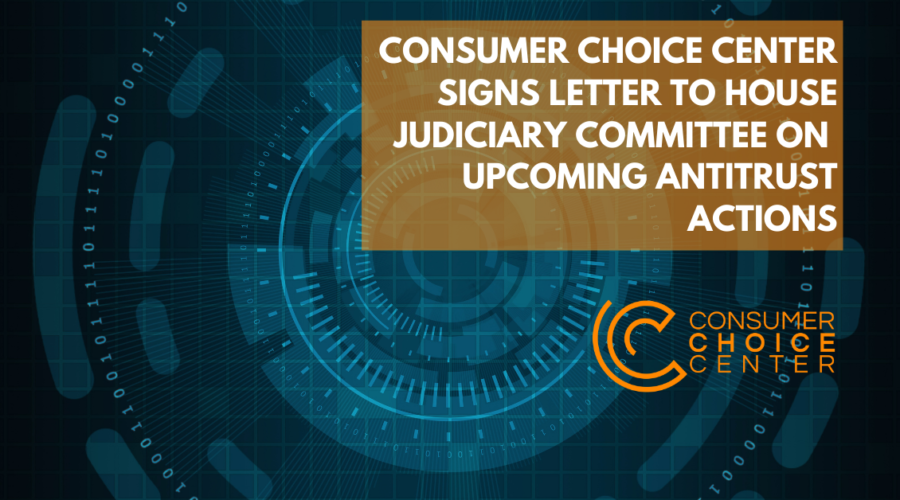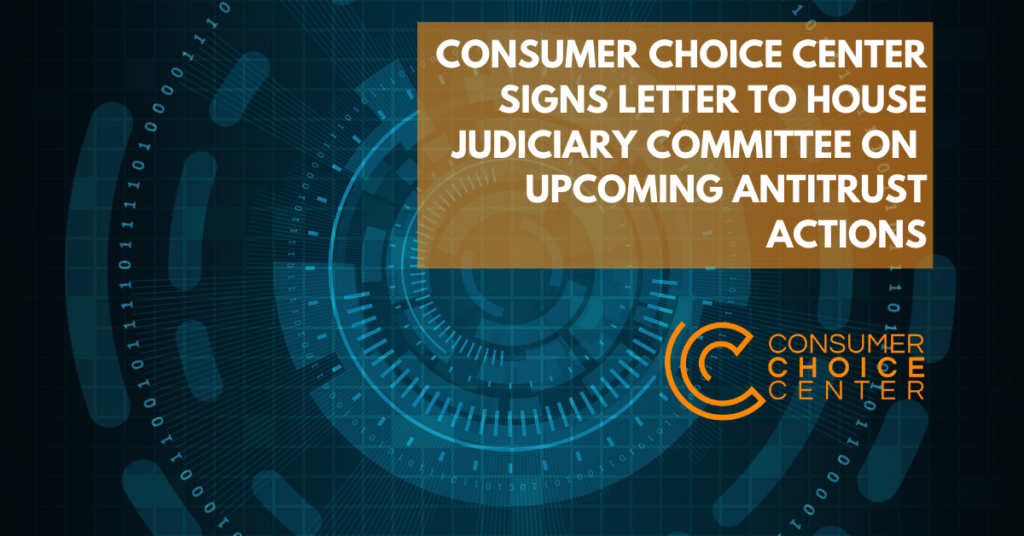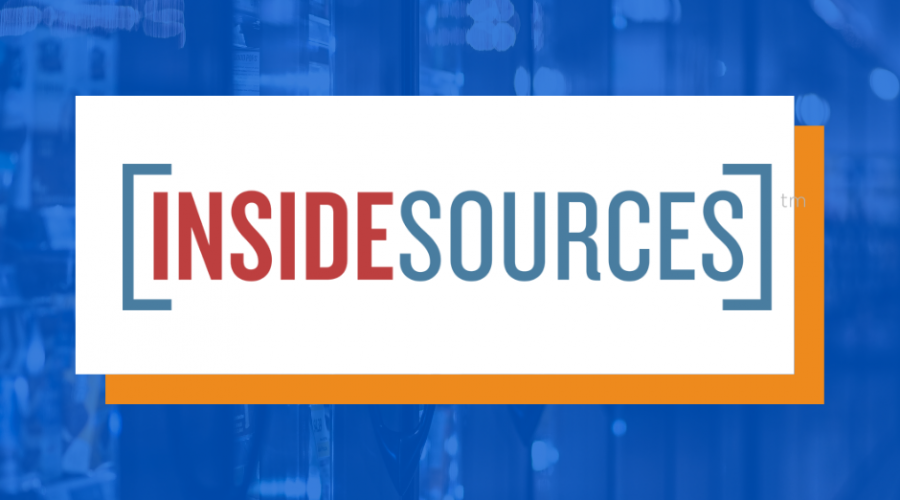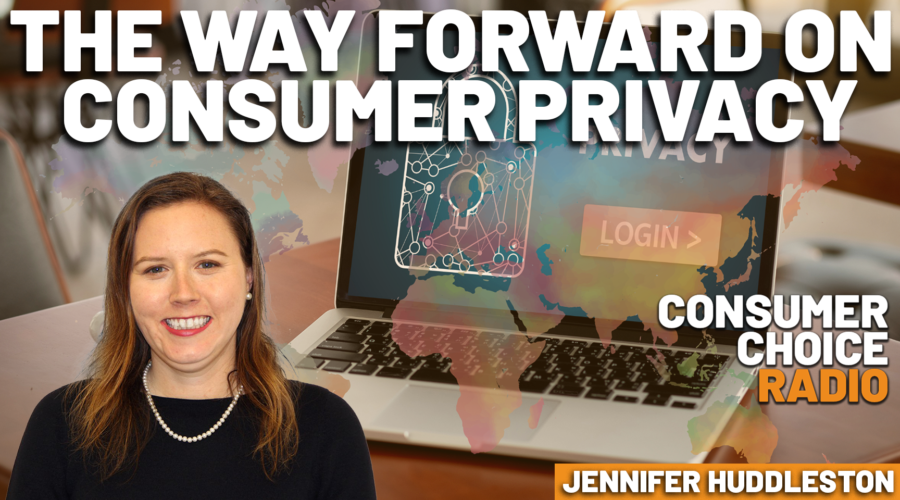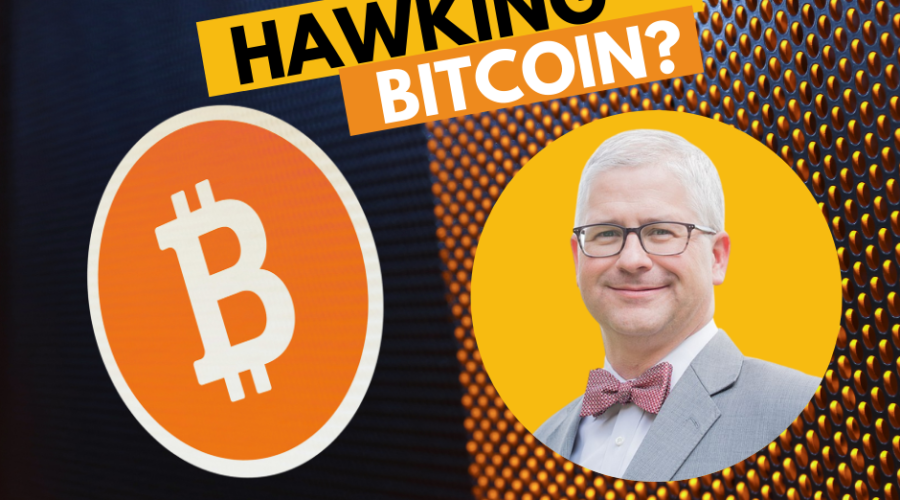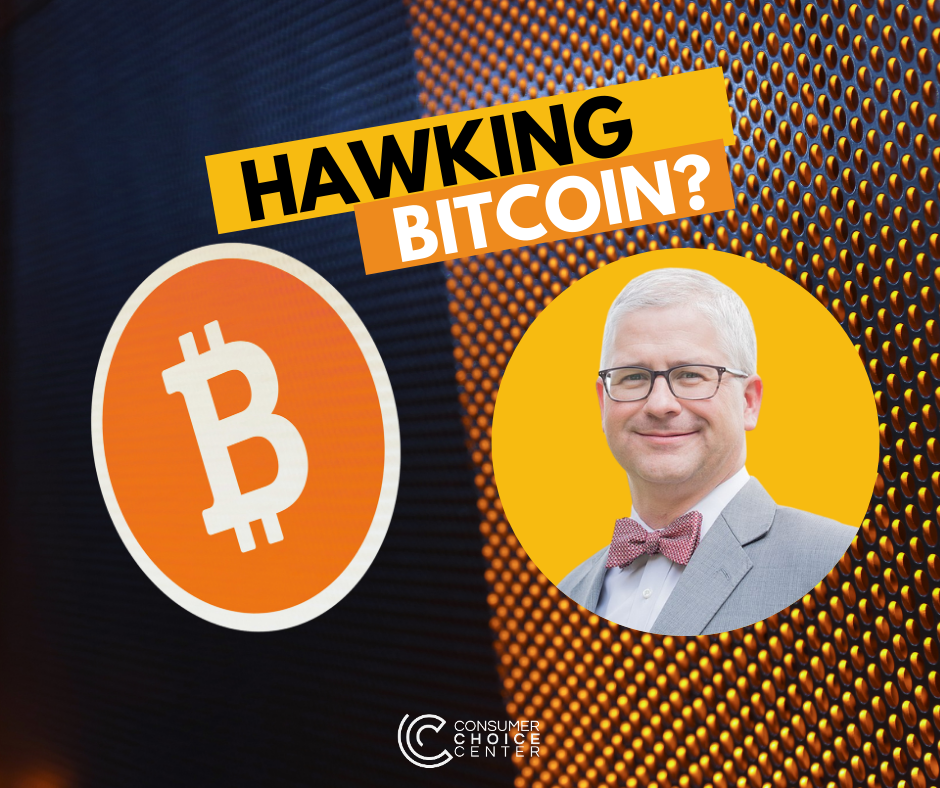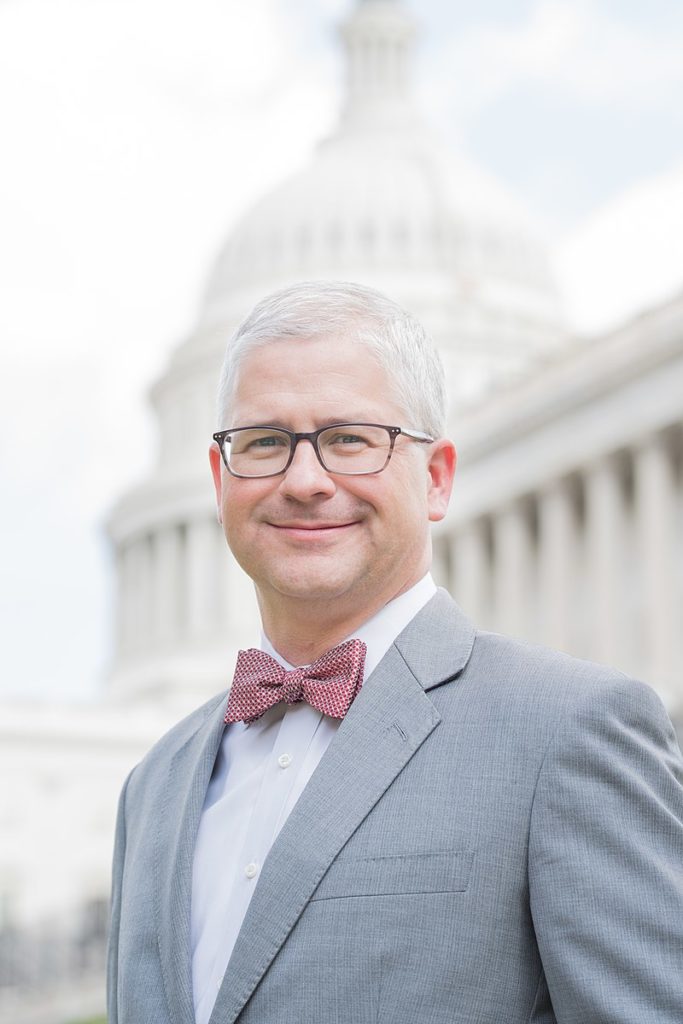Coalition Warns Against Broadband Proposals
The Consumer Choice Center joined a coalition of consumer and tax advocacy organizations flagging concerning developments in the infrastructure bill negotiations. Price controls and rate regulation; dramatic expansion of executive brand and agency authority; and government-controlled internet should never be on the table.
You can read the letter below or click HERE for a full version:
July 23, 2021
RE: Broadband Infrastructure Spending
Dear Senators:
We write to you today over some concerning developments in the bipartisan infrastructure negotiations on broadband. We are guided by the principles of limited government and believe that the flaws in the infrastructure framework go well beyond the issues discussed here. Nonetheless, our present aim is to advocate specifically against proposals that would enact price controls, dramatically expand agency authority, and prioritize government-controlled internet.
The infrastructure plan should not include rate regulation of broadband services. Congress should not authorize any federal or governmental body to set the price of any broadband offering. Even steps that open the door to rate regulation of broadband services will prove harmful in the long run.
Nor should Congress continue to abdicate its oversight responsibilities to executive branch agencies like the National Telecommunications and Information Administration. Giving NTIA unchecked authority to modify or waive requirements, renders all guardrails placed by Congress meaningless. There must be oversight of the programs to ensure that taxpayer dollars go toward connecting more Americans to broadband as opposed to wasteful pet projects.
Historically, attempts by NTIA to close the digital divide through discretionary grants have failed, leading to wasteful overbuilds, corruption, and improper expenditures. The American Recovery and Reinvestment Act of 2009 created the $4 billion Broadband Technology Opportunities Program (BTOP) grant program administered by NTIA. From 2009, when BTOP was instituted, to 2017, at least one-third of all the reports made by the Inspector General for the Department of Commerce were related to the BTOP program, and census data showed that the BTOP program had no positive effect on broadband adoption. And this was with only $4 billion in taxpayer dollars. We cannot afford to make the same mistake with much greater sums.
Legislation must be clear and not create ambiguities that are left to the whims of regulators. While “digital redlining” is unacceptable, the FCC should not be allowed to define the term however it sees fit and promulgate any regulations it thinks will solve problems—real or imagined. Doing so would give the agency carte blanche to regulate and micromanage broadband in any way it desires. This would be an egregious expansion of FCC authority. Moreover, definitions and regulations could change whenever party control of the agency changes, leading to a back-and-forth that creates uncertainty for consumers and businesses.
Legitimate desire to ensure that low-income Americans have access to broadband infrastructure should not be used as a smokescreen to codify aspects of the recent Executive Order on Competition, which should not be included in any bipartisan infrastructure agreement. Republicans fought hard to support the FCC’s Restoring Internet Freedom Order. Any legislating on the functions and deployment of Internet technologies must move as a standalone bill through regular order with committee review. These questions are far too important to shoehorn into a massive bill without rigorous debate.
Any funding for broadband buildout must target locations without any broadband connection first, and this should be determined by the Congressionally mandated FCC broadband maps. Congress has oversight over the FCC and the FCC has already conducted several reverse auctions. Reverse auctions get the most out of each taxpayer dollar towards closing the digital divide. Areas where there is already a commitment from a carrier to build out a network, should not be considered for grants, and the NTIA should not be able to override the FCC’s map to redefine “unserved” and subsidize duplicative builds.
Government-controlled Internet should not be prioritized in any grant program. With few exceptions, government-owned networks (GONs) have been abject failures. For example, KentuckyWired is a 3,000-mile GON that was sold to taxpayers as a $350 million project that would be complete by spring of 2016. Those projections could not have been more wrong. More than five years past the supposed completion date, fiber construction for KentuckyWired is still “in progress” in some parts of the state and a report from the state auditor has concluded that taxpayers will end up wasting a whopping $1.5 billion on this redundant “government owned network” over its 30-year life. NTIA should certainly not encourage these failures to be replicated.
We appreciate your work to help close the digital divide and agree that access to reliable internet is a priority, however we should not use this need to serve as a cover for unnecessary government expansion. Please feel free to reach out to any of the undersigned organizations or individuals should you have questions or comments.
Regards,
Grover G. Norquist
President
Americans for Tax Reform
Jennifer Huddleston*
Director of Technology & Innovation Policy
American Action Forum
Phil Kerpen
President
American Commitment
Krisztina Pusok, Ph. D.
Director
American Consumer Institute
Center for Citizen Research
Brent Wm. Gardner
Chief Government Affairs Officer
Americans for Prosperity
Jeffrey Mazzella
President
Center for Individual Freedom
Andrew F. Quinlan
President
Center for Freedom and Prosperity
Jessica Melugin
Director Center for Technology and Innovation
Competitive Enterprise Institute
Matthew Kandrach
President
Consumer Action for a Strong Economy
Yaël Ossowski
Deputy Director
Consumer Choice Center
Roslyn Layton, PhD
Founder
China Tech Threat
Ashley Baker
Director of Public Policy
The Committee for Justice
Tom Schatz
President
Council for Citizens Against Government Waste
Katie McAuliffe
Executive Director
Digital Liberty
Annette Thompson Meeks
CEO
Freedom Foundation of Minnesota
Adam Brandon
President
FreedomWorks
George Landrith
President
Frontiers of Freedom
Garrett Bess
Vice President
Heritage Action for America
Carrie Lukas
President
Independent Women’s Forum
Heather Higgins
CEO
Independent Women’s Voice
Tom Giovanetti
President
Institute for Policy Innovation
Ted Bolema
Executive Director
Institute for the Study of Economic Growth
Seton Motley
President
Less Government
Zach Graves
Head of Policy
Lincoln Network
Matthew Gagnon
Chief Executive Officer
Maine Policy Institute
Matthew Nicaud
Tech Policy Specialist
Mississippi Center for Public Policy
Brandon Arnold
Executive Vice President
National Taxpayers Union
Tom Hebert
Executive Director
Open Competition Center
Ellen Weaver
President & CEO
Palmetto Promise Institute
Eric Peterson
Director
Pelican Center for Technology and Innovation
Lorenzo Montanari
Executive Director
Property Rights Alliance
Jeffrey Westling
Resident Fellow, Technology & Innovation Policy
R Street Institute
James L. Martin
Founder/Chairman
60 Plus Association
Saulius “Saul” Anuzis
President
60 Plus Association
David Williams
President
Taxpayers Protection Alliance
Dann Mead Smith
President
Washington Policy enter
Mark Harmsworth
Small Business Director
Washington Policy Center
